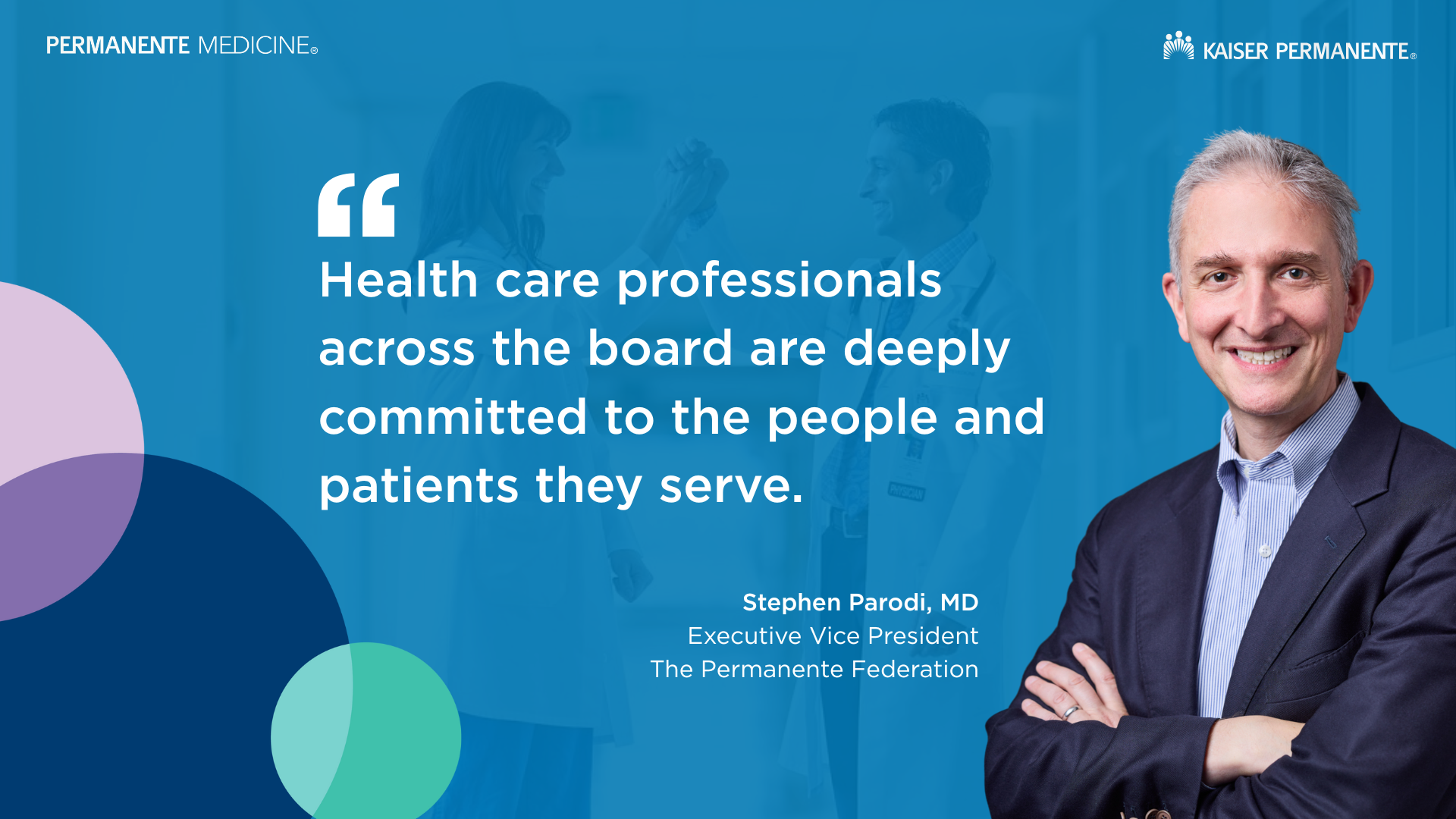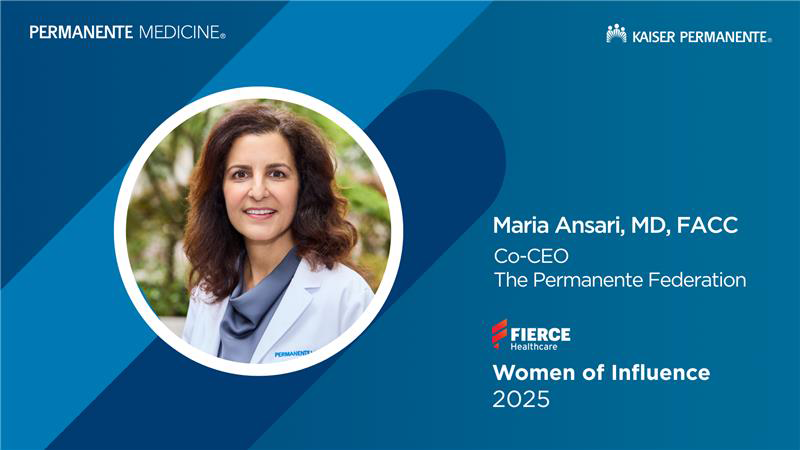Explore valuable lessons learned from Permanente physicians in 2025's rapidly changing health care landscape.

Alleviating cancer drug shortages with integrated care
Tatjana Kolevska, MD
Hospitals, health systems, and physicians across the nation face severe shortages of some cancer treatments, often leaving them scrambling for alternatives to prevent interruptions in care. While Kaiser Permanente also experiences shortages, our uniquely integrated and physician-led care model, supply chain flexibility, and focus on care coordination helps patients get the treatment they need when they need it, a key element of successful oncology care.
Related story: 3 ways Permanente physicians are leading in lung cancer care
What sets Kaiser Permanente and the Permanente Medical Groups apart? As a highly integrated system, every element of care delivery works together, avoiding disruptions to essential, patient-centered care.
- Moving medications where they’re most needed
At any given moment, Kaiser Permanente’s internal systems track quantities of more than 150 cancer drugs across its 8 medical groups and 67 clinics, from Honolulu to Atlanta, ensuring supply meets medical demand across our system. If a clinic in Washington, D.C., has 3 months’ worth of a drug while a clinic in Los Angeles has only a couple of days’ worth, Kaiser Permanente can move supplies quickly to mitigate shortages before they become a problem. - Ensuring physicians and patients know their options
Kaiser Permanente regularly convenes internal experts to ensure its cancer care matches the latest evidence, including guidance for alternative medications when first-line drugs are unavailable. This includes differences in side effects and guidance on how the alternative drug works, so patients are not unduly stressed by the change. Algorithmic pathways — embedded in Kaiser Permanente’s comprehensive electronic health record and based on the cancer’s stage and tumor type — guide physicians from screening and ordering genetic tests to identifying the right clinical trial, chemotherapy, immunotherapy, or other targeted treatments.
- Leveraging our purchasing power
Kaiser Permanente is one of the largest health care organizations in the U.S. We work directly with both pharmaceutical manufacturers and wholesalers to purchase oncology medications, building and maintaining strategic reserves to counteract the effects of shortages. - Maximizing value
Kaiser Permanente, which is one of the nation’s only truly value-based care environments, receives a flat rate per patient to pay for quality care, supporting evidence-based decisions about treatments that meet patient needs. Many other providers are paid based on the total number and type of services provided, which incentivizes excessive and unnecessary tests and treatments.
Related story: Guidance to help standardize prostate cancer treatment
The everyday benefits of Kaiser Permanente’s model and integrated care approach to medicine are readily apparent to the physicians and patients who experience them. In times of crisis and uncertainty, however, many of those benefits shine even more brightly and become even more critical.
Related story: 10 ways physician-led health organizations provide exceptional breast cancer care (part 1)


